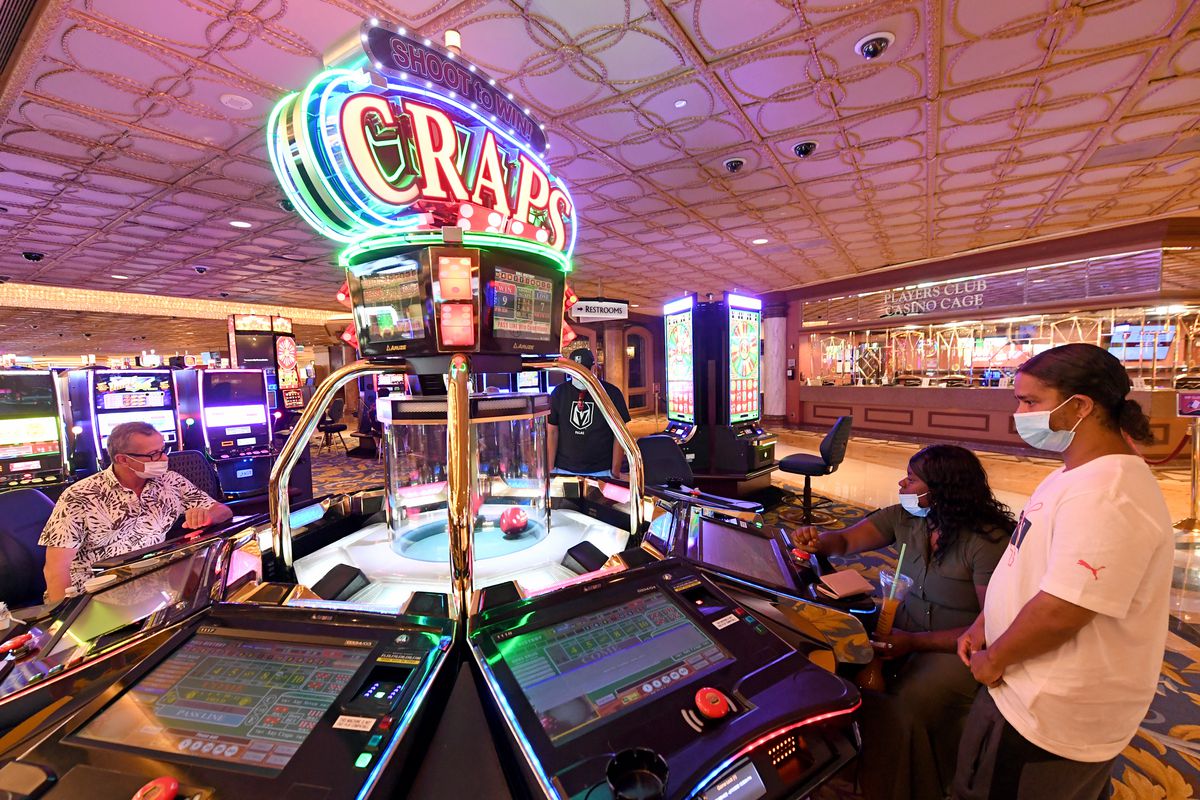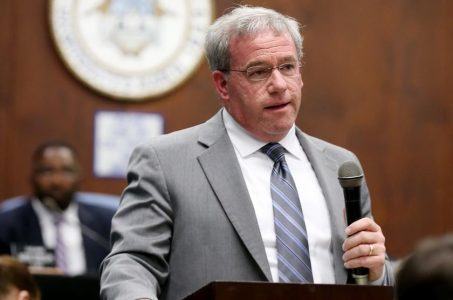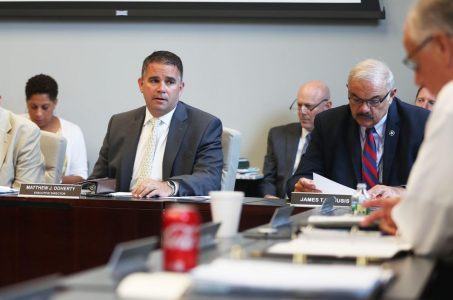Illinois Casinos Deliver State Education $74M Less in 2020 Fiscal Year
Posted on: October 6, 2020, 09:00h.
Last updated on: October 6, 2020, 10:10h.
Illinois casinos experienced a gross gaming revenue (GGR) decline of 30 percent during the 2020 fiscal year. The dip resulted in fewer tax dollars for education.

In the Illinois Commission on Government Forecasting and Accountability (CGFA) monthly briefing report, the agency relays that COVID-19 had a devastating impact on many aspects of the gaming industry. State taxes from casinos, video gaming terminals, lottery, horse racing, and sports betting dropped 13.4 percent in FY20 compared with FY19.
Taxes on all gaming between July 1, 2019, through June 30, 2020, totaled $1.2 billion. That’s a $200 million loss from the 2019 fiscal period.
Casinos were the biggest loser, GGR tumbling from $1.347 billion in 2019 to $943 million. Gaming revenue in Illinois is taxed on a graduated scale (15 percent to 50 percent) based on each casino’s total win. In the 2020 fiscal year, CFGA says casinos delivered the Illinois Education Assistance Fund $195 million — down 27.5 percent, or $74 million.
2021 Not Looking Good
The economic hurt caused by the coronavirus on the Illinois gaming industry, as well as every casino market in the US, is still being felt. The dire numbers in the commission’s casino report only accounts for reduced gaming through the end of June.
Illinois Gov. J.B. Pritzker (D) ordered the state’s 10 commercial casinos to close and video gaming terminals to be shut off on March 16. The governor and Illinois Gaming Board allowed the resumption of casino operations to begin July 1, but with capacity limits, social distancing requirements, and numerous other public health safety measures in place.
Although this suspension has been since lifted, gaming has only returned on a limited basis, and it remains unclear how long these limitations will last. Even with the resumption of wagering, it is expected that the ramifications of the pandemic on public confidence will persist for some time,” read the commission September briefing.
Illinois Lottery sales fell 5.8 percent, or $172.5 million, during the last fiscal year. “The COVID-19 pandemic likely hurt lottery sales, as customers were more likely to stay at home, and some retailers may not have been open, making the lottery less available,” the briefing stated.
GGR from video gaming terminals (VGTs) tumbled 23.2 percent to $1.22 billion. However, tax revenue from the terminals was down only 15.6 percent due to the state increasing taxes on VGT net income from 30 percent to 33 percent.
Post-Pandemic Outlook
The commission says the gaming industry will eventually bounce back thanks to VGTs turned back on inside restaurants, bars, and convenience stores, retail lottery and online games operational again, and budding enthusiasm surrounding the state’s emerging sports betting market.
“Assuming that the lingering effects of the virus will soon subside, there could be noticeable improvements in revenues generated from gaming in the years to come as restrictions are lifted and new gaming locations across the state are opened. However, questions remain on the extent that gaming revenues will increase, given the plethora of gaming opportunities that already exist and the potential ramifications of the virus on the economy and discretionary spending,” the briefing concluded.
Illinois is set to become more saturated with gaming. A large, integrated resort casino in downtown Chicago, and five smaller suburban casinos surrounding the Windy City, were authorized in a 2019 gaming expansion bill signed by Pritzker.
Related News Articles
Most Popular
Mirage Las Vegas Demolition to Start Next Week, Atrium a Goner
Where All the Mirage Relics Will Go
Most Commented
-
Bally’s Facing Five Months of Daily Demolition for Chicago Casino
— June 18, 2024 — 12 Comments
















No comments yet